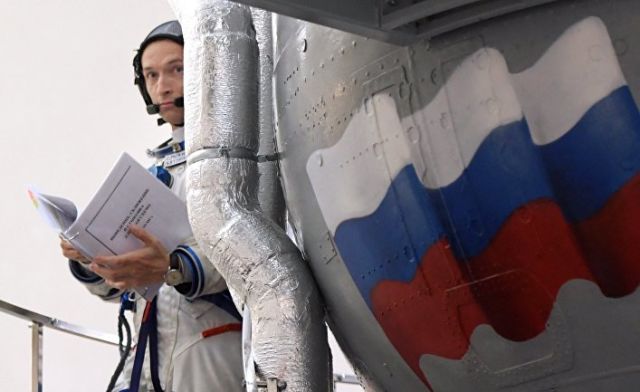Moscow. January 25. INTERFAX - An increased level of loss of red blood cells in the blood, leading to anemia, in astronauts in orbit is an adaptive reaction of the body to weightlessness, the head of the Laboratory of Medical Biochemistry and Neuroendocrinology of the Institute of Biomedical Problems (IMBP) told Interfax RAS Andrey Markin.
"Research by Russian specialists from the Cosmonaut Training Center and the Institute of Biomedical Problems has found that oxygen consumption in weightlessness is reduced by about 30% due to the lack of load on anti-gravity (postural) muscles, and a decrease in erythrocyte mass in the body is an adaptive reaction," said Markin, who is a corresponding member of the Academy of Cosmonautics of the Russian Federation.
He notes that the metabolic processes in the body of an astronaut on an orbital flight proceed at a lower level and with less intensity, which is a consequence of adaptation to being in weightlessness.
"Thus, the correctness of the term "space anemia" is still subject to discussion," the scientist said.
According to him, during biochemical blood tests, it was found that the level of hemoglobin in the period from 30 to 430 days of flight is at a steadily reduced level, relative to pre-flight values. "At the same time, the concentration of total bilirubin, reflecting the level of erythrocyte hemolysis, fluctuates in different directions, without showing any stable definite change," Markin said.

